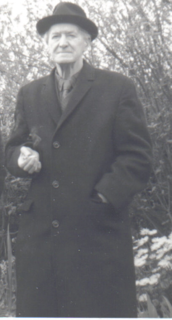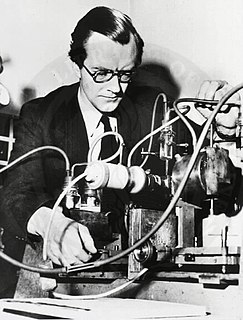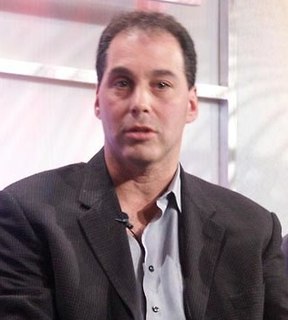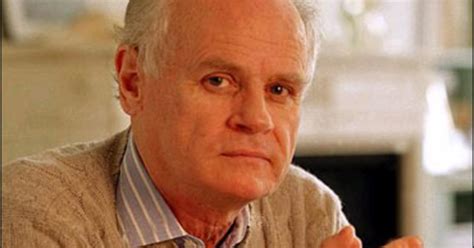A Quote by Eric Partridge
War…next to love, has most captured the world’s imagination
Related Quotes
In the time of my parents, before World War One, most people who came to New Zealand from Europe were the more enterprising people; the people who were stronger mentally. It takes a certain amount of imagination to make a life on the other side of the world, the same imagination it takes to climb the tallest mountain.
Henry Corbin creates the world - most of all his examination of the imagination and what the imagination was for him. Some philosophers would think of the imagination as a synthetic ability, how you put different things together. Artists more think of the imagination as creativity. So I really like the way that he presents the imagination as a faculty that allows one to experience worlds that are not exactly physical but are real nonetheless.
I was after a set of pictures, so that when people looked at them they would say, ‘This is war’-that the people who were in the war would believe that I had truthfully captured what they had gone through I worked in the framework that war is horrible. I want to carry on what I have tried to do in these pictures. War is a concentrated unit in the world and these things are clearly and cleanly seen. Things like race prejudice, poverty, hatred and bigotry are sprawling things in civilian life, and not so easy to define as war.
It's important to remember that World War II was experienced very much as a continuity in that sense. Most of World War II in most of Europe wasn't a war; it was an occupation. The war was at the beginning and the end, except in Germany and the Soviet Union, and even there really only at the end. So the rest of time it's an occupation, which in some ways was experienced as an extension of the interwar period. World War II was simply an extreme form, in a whole new key, of the disruption of normal life that began in 1914.
When you say that after World War I there was a pandemic that killed more people than the war itself, most will say: "Wait, are you kidding? I know World War I, but there was no World War 1.5, was there?" But people were traveling around after the war, and that meant the force of infection was much higher. And the problem is that the rate of travel back then was dramatically less than what we have nowadays.
Subjecting prisoners to abuse leads to bad intelligence, because under torture a detainee will tell his interrogator anything to make the pain stop. Second, mistreatment of our prisoners endangers U.S. troops who might be captured by the enemy – if not in this war, then in the next. And third, prisoner abuses exact on us a terrible toll in the war of ideas, because inevitably these abuses become public.





































